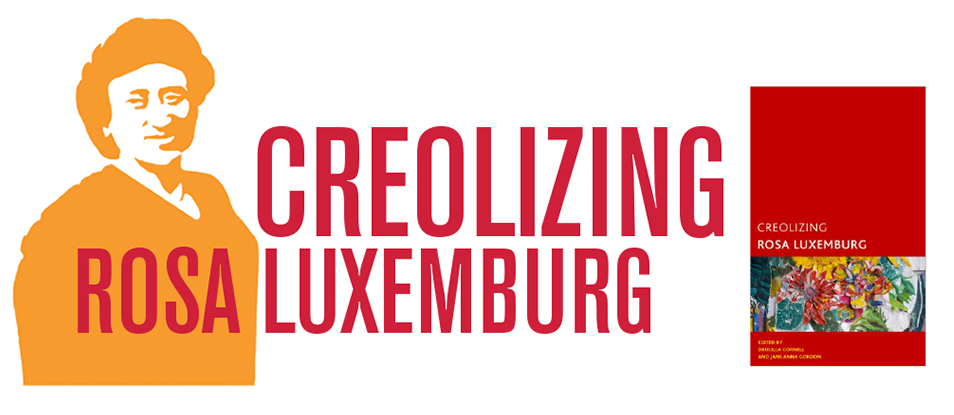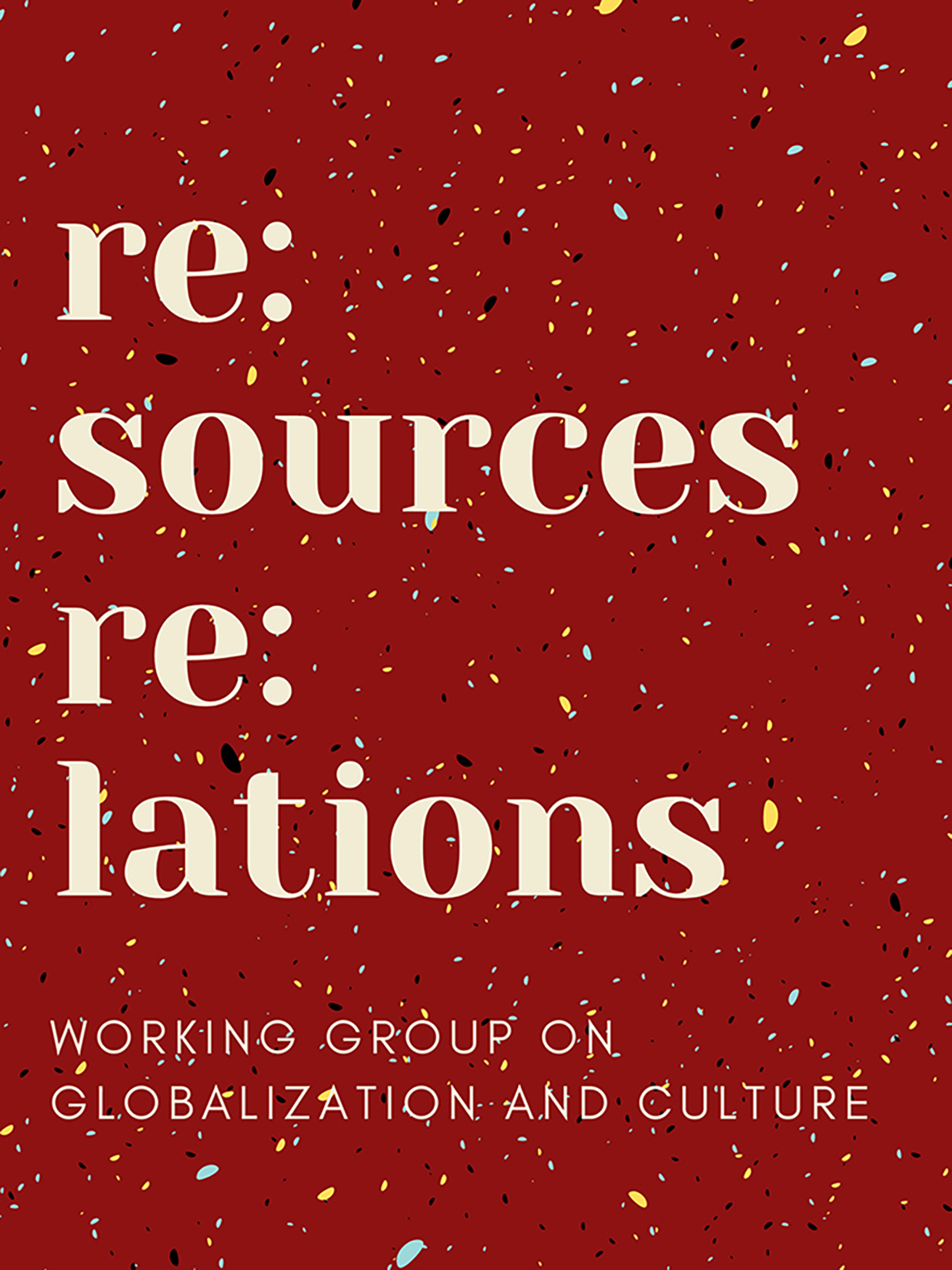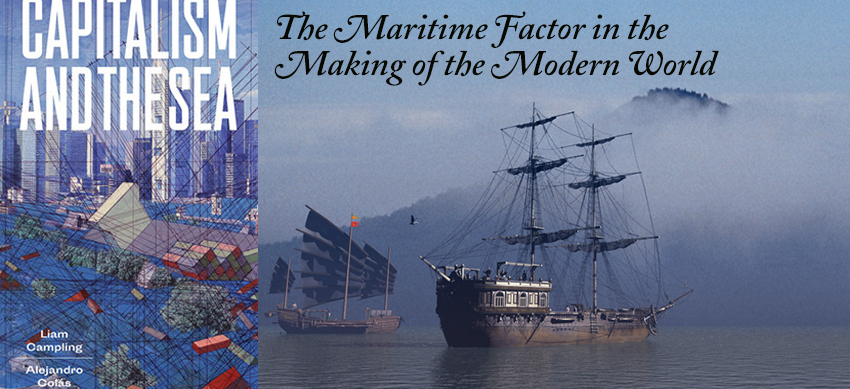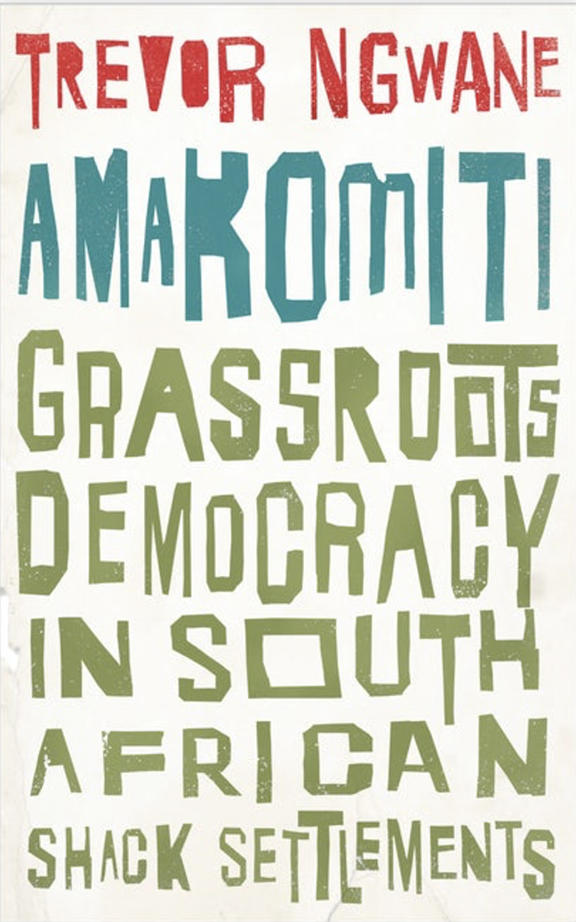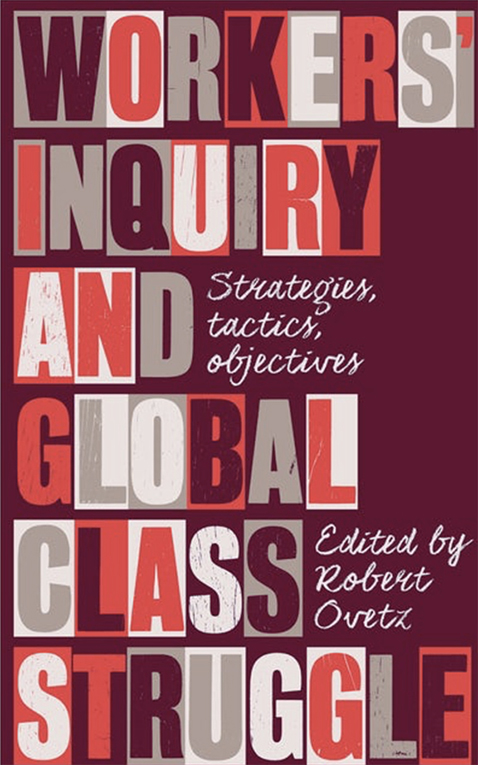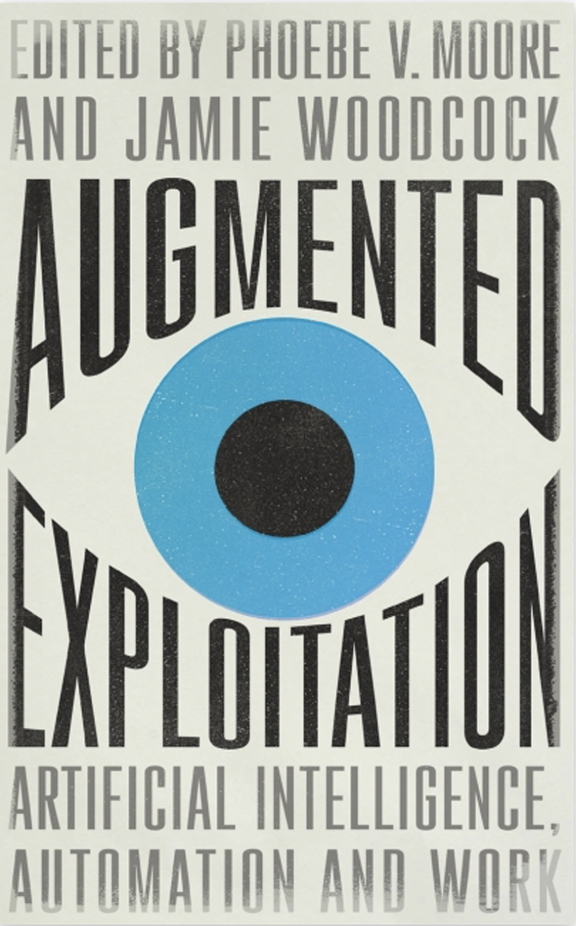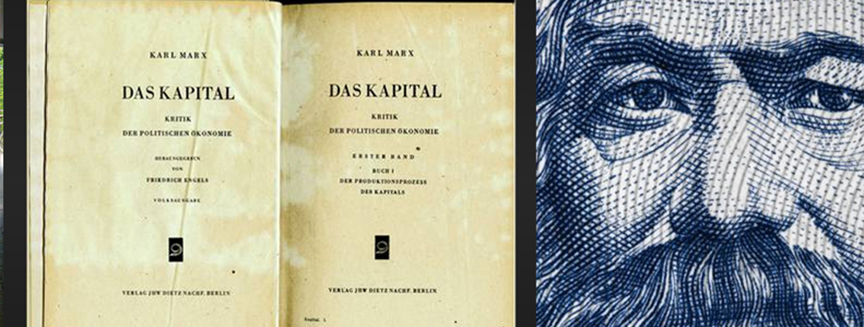Creolizing Rosa Luxemburg: Unfinished Conversations with Revolutionary Women
Online: Zoom link will be provided to registered participantsThe remaining five sessions of this seminar series explore some of her signal contributions—her argument that imperialism and primitive accumulation are endemic to capitalism; her prescient attention to racist super-exploitation in southern Africa; her insistence that socialism had to be created in and through the widest form of participatory democracy, including the mass strike; her reflections, with attention to the other-than-human world and incarceration, on transformative subjectivities—through putting them in conversation with Global Southern thinkers past and present.
Organizing Insurgency: Workers’ Movements in the Global South
Online: Zoom link will be provided to registered participantsLooking at contemporary case studies in India, the Philippines and South Africa, this book affirms the significance of political and economic representation to the struggles of workers against deepening levels of poverty and inequality that oppress the majority of people on the planet. Immanuel Ness shows that workers are eager to mobilize to improve their conditions, and can achieve lasting gains if they have sustenance and support from political organizations.
Socialist Practice: Histories and Theories
Online: Zoom link will be provided to registered participantsThe level of popular discontent—in the United States as elsewhere—has shown a dramatic increase in recent years, but has yet to crystallize into a cohesive anti-capitalist political force. Socialist Practice aims to contribute to a popular movement for socialism.
Towards a Revolution in Labor History: White Supremacism and Bourgeois Social Control
Online: Zoom link will be provided to registered participantsWhy is the US working class unorganized and suffering to a far greater extent than in other advanced capitalist societies?
Re:sources / Re:lations with Working Group on Globalization and Culture
Online: Zoom link will be provided to registered participantsThe Yale Working Group on Globalization and Culture will share our collective research on two ubiquitous words of our contemporary vocabulary: resources and relations this coming Sunday, June 6/
THEMATIC CLUSTERS: On Sunday June 6, we will present the two clusters: Source Memory: Relating Archival Contradictions and The Relations of Human Resources.
Capitalism and the Sea
Online: Zoom link will be provided to registered participantsWhile sea beds are drilled for their fossil fuels and minerals, and coastlines developed for real estate and leisure, the oceans continue to absorb the toxic discharges of carbon civilization – warming, expanding, and acidifying the blue water part of the planet in ways that will bring unpredictable but irreversible consequences for the rest of the biosphere.
New York City and the Experience of Modernity
Online: Zoom link will be provided to registered participantsThis is a seminar about New York City and its people. It is not a study of architectural styles and objects, - although the physical stuff of cities does play a role -, but it is a course about the experience of the way in which modernity builds and destroys cities.
Modernity is a historical force. It is messy. In architecture history modernity is usually narrated as an interplay between the combined forces of the Industrial Revolution and capital, with social upheaval, explosive population growth and immigration as its result...
Amakomiti: Grassroots Democracy in South African Shack Settlements
Online: Zoom link will be provided to registered participantsCan people who live in shantytowns, shacks and favelas teach us anything about democracy? About how to govern society in a way that is inclusive, participatory and addresses popular needs? This book argues that they can. In a study conducted in dozens of South Africa's shack settlements, where more than 9 million people live, Trevor Ngwane finds thriving shack dwellers' committees that govern local life, are responsive to popular needs and provide a voice for the community.
Matters of State: Literature & Espionage
Online: Zoom link will be provided to registered participantsWHY SPY NOVELS? Spy novels emerged as a distinct genre around the time of World War I, coinciding with the creation of formal intelligence agencies in many countries. This was a period characterized by heightened concern on the part of rulers about national security, imperial strength, and the impending conflict of the Great War. Spy novels from the early twentieth century reflect these concerns, and generally feature secret agents and seemingly realistic tales of international intrigue. With the rise of fascism, spy novels shifted their focus to examine the dynamics of political movements within individual states, assessing their threats to the stability of the international political order. In these stories, the anxiety over the powerlessness of the individual is assuaged by the resourcefulness and ultimate success of exceptional or lucky individuals in confronting such harrowing problems as war, nuclear proliferation, and terrorism.
Workers’ Inquiry and Global Class Struggle: Strategies, Tactics, Objectives
Online: Zoom link will be provided to registered participantsBy engaging in what Karl Marx called a workers' inquiry, workers and militant co-researchers are studying their working conditions, the technical composition of capital, and how to recompose their own power in order to devise new tactics, strategies, organizational forms and objectives. These workers’ inquiries, from call center workers to platform, trucking, cleaning, logistics, mining, auto factories, teachers, and adjunct professors, are re-energizing unions, bypassing unions altogether or innovating new forms of workers' organizations.
Black Reconstruction in America by W.E.B. Du Bois
Online: Zoom link will be provided to registered participantsBlack Reconstruction provides a basis for a much overdue revolution in US labor history. As Du Bois so eloquently and bluntly put in in 1935: “The South, after the war, presented the greatest opportunity for a real national labor movement which the nation ever saw or is likely to see again for many decades. Yet, the labor movement, with but few exceptions, never realized the situation. It never had the intelligence or knowledge, as a whole, to see in black slavery and Reconstruction, the kernel and meaning of the labor movement in the United States.”
AUGMENTED EXPLOITATION: Artificial Intelligence, Automation and Work
Online: Zoom link will be provided to registered participantsGoing beyond platform work and the gig economy, the authors explore emerging forms of algorithmic governance and AI-augmented apps that have been developed to utilise innovative ways to collect data about workers and consumers, as well as to keep wages and worker representation under control. They also show that workers are not taking this lying down, providing case studies of new and exciting form of resistance that are springing up across the globe.
Pluto Wildcat Series: Final 2 sessions—Augmented Exploitation and Wobblies of the World
Online: Zoom link will be provided to registered participantsThese books uncover the radical militancy which characterises international workers struggles, both contemporary and historical. Looking at diverse topics including proletarianisation and class formation, mass production, gender, affective and reproductive labour, syndicalism and independent unions, and labour and Leftist social and political movements, it is the most comprehensive exploration into workers’ organisation being developed today. All books from the series are available at the MEP on-line book store.
Pluto Wildcat Series: Final 2 sessions—Augmented Exploitation and Wobblies of the World
Online: Zoom link will be provided to registered participantsThese books uncover the radical militancy which characterises international workers struggles, both contemporary and historical. Looking at diverse topics including proletarianisation and class formation, mass production, gender, affective and reproductive labour, syndicalism and independent unions, and labour and Leftist social and political movements, it is the most comprehensive exploration into workers’ organisation being developed today. All books from the series are available at the MEP on-line book store.
Capital, Volume 1, Part 3
Online: Zoom link will be provided to registered participantsChapters 16 through 25, will trace this development and reveals new dynamics and contradictions inherent to the logic of capitalist accumulation, culminating in Chapter 25, The General Law of Capitalist Accumulation. These developmental processes continue to be played out to this day and are witnessed in the immensity of wealth for a few at one pole of humanity, poverty at another, ruthless misuse and degradation of nature, and reduction of the human subject, the producing masses of real individuals, to an alienated object for capitalist exploitation.

